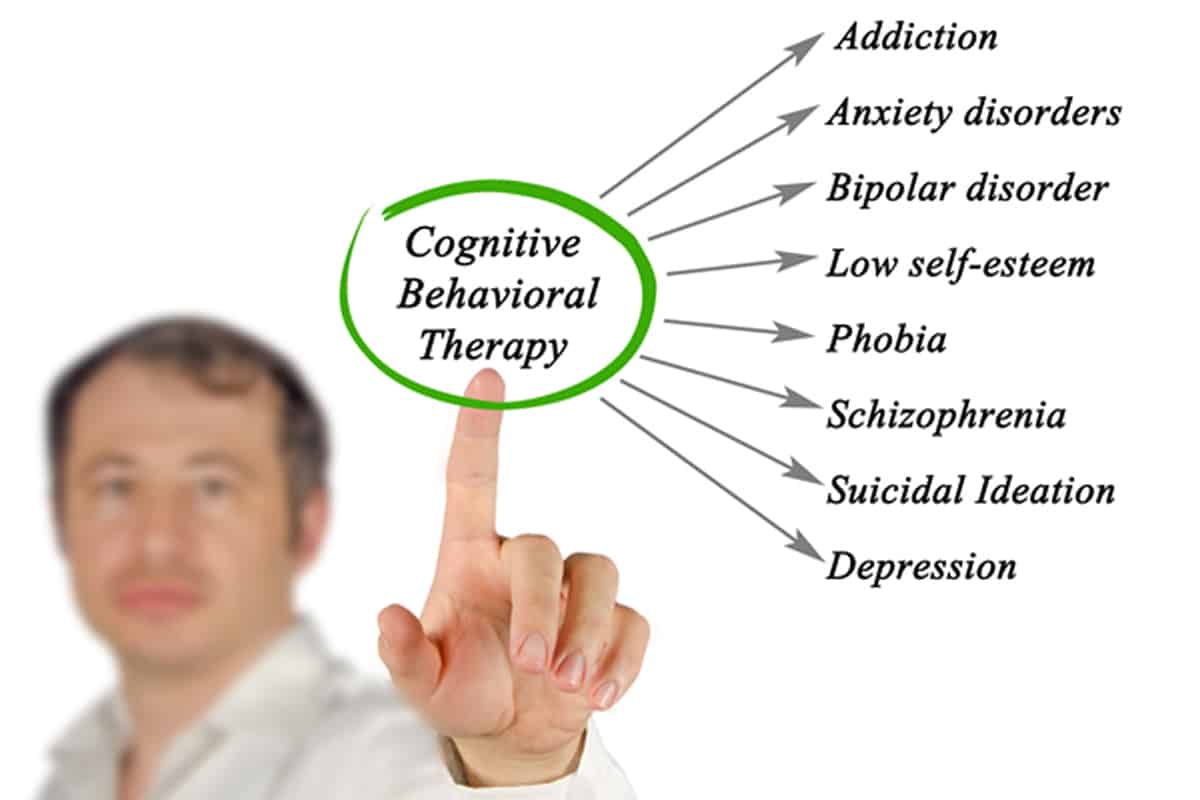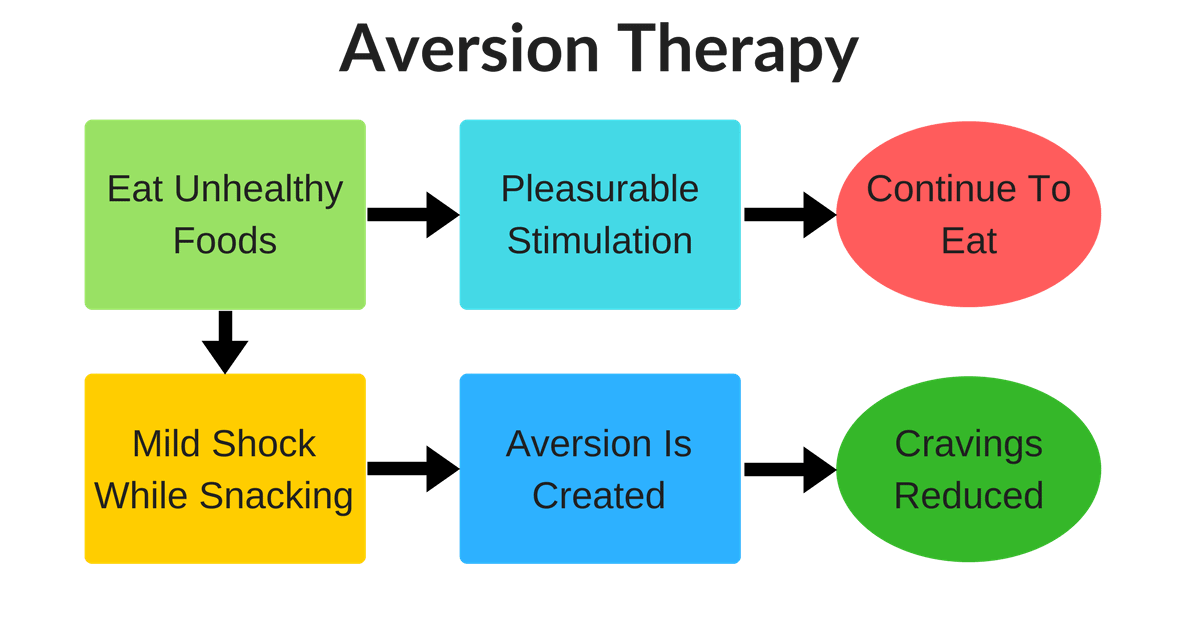Steps to Methamphetamine Rehabilitation
Methamphetamines are a very dangerous class of drugs that are highly addictive and difficult to recover from. In fact, meth is so powerful that, for many users, it’s almost immediately habit-forming. But that doesn’t mean it’s impossible to overcome.
Drug Rehab centers across the country are staffed with medical and licensed counseling experts who understand how difficult it is to overcome addiction. And they can help. If you or someone you love is struggling with methamphetamine addiction, there are a few key approaches that can help make rehab as successful as possible. I know you have questions – I’ll break down the answers for you.
Table of Contents
Five ways to make methamphetamine drug rehab successful
The following approaches can help make methamphetamine drug rehab successful for you and/or a loved one. Many of these approaches are used in treatment centers all over the world – sometimes alone and sometimes in combination.
- Cognitive-behavioral therapy
- 12-step programs and/or SMART recovery
- Long-term inpatient rehab
- Contingency management
- Aversion therapy
Now I’ll break these down into more detail.
Cognitive-behavioral therapy
This type of commonly used therapy focuses on raising a patient’s awareness of self-destructive patterns and behaviors. Once a patient can recognize them, they can stop them before they go too far. Patients undergoing cognitive behavioral therapy learn to recognize early signs of cravings, identify situations where they’re likely at risk and cultivate healthy coping mechanisms to deal with those situations.

Cognitive behavioral therapy is rarely used as a stand-alone form of methamphetamine rehab, but when combined with other measures, it often leads to success. Overall, CBT focuses on identifying self-defeating thoughts and behaviors that drive addiction and often serves as a cornerstone of an individualized rehab plan.
12-step programs
Created by the founders of Alcohol Anonymous, the 12-step program is the traditional foundation of addiction treatment and rehab all over the world, and with good reason: it works. This type of program stresses that the patient must accept the chronic nature of substance addiction, surrender to a higher power and lean on others for support.
The highly social group structure of accountability is effective, but it only works if the patient fully commits. And although the original 12-step model has spiritual roots, many patients who don’t consider themselves religious also have shown success when following the 12 steps.
Long-term inpatient rehab
This type of therapy can include a stay in a hospital or treatment facility that can last as long as six to 12 months, depending on the severity of the patient’s condition and the particular type of treatment approach. Hospital-based programs tend to focus on cognitive behavioral therapy and the physical aspects of detox, while other facilities may center their approaches more on improving both social and psychological health overall in order to guard against addiction.
Contingency management
A contingency management approach hinges on the use of rewards to compensate a patient when she abstains from drugs. Rewards start small, but the longer the patient abstains, the larger and more valuable the rewards become. Contingency management has emerged as a viable adjunct to other rehab therapies and has a high success rate for helping patients stay away from drugs, including methamphetamines, for longer periods of time.
Aversion therapy
Aversion therapy attempts to pair the act of smoking methamphetamines with an unpleasant physical reaction. Generally, patients are given a fake meth substitute, which is generally a 1 percent quinine in mannitol. Once they’ve smoked it, they receive some kind of unpleasant stimulus – maybe a mild electric shock or a medication that induces nausea. The goal is for the patient to begin associating methamphetamines with that unpleasant stimulus, which should lower the desire for the drugs.

Conclusion
Methamphetamines are extremely dangerous and extremely addictive – so if you or a loved one is struggling with addiction, you shouldn’t try to handle it on your own. Beating addiction is a long, hard struggle, but it isn’t impossible. – and it’s usually best achieved with a continuum of care that combines several different treatment approaches. The highly trained and professional team at Freedom House stands ready to listen to your story and advise you on a path to recovery that’s best for you. Give us a call today to find out more about how we can help.
Reference Links: Drug Rehabilitation
FAQs
How long can a patient stay in rehab?
The National Institute on Drug Abuse recommends that an inpatient rehab stay be no shorter than 90 days, but some inpatient programs may last for as long as a year or more. And when it comes to outpatient rehab, there’s almost no limit to how long a patient can choose to continue various forms of therapy and group support associated with drug rehab. You can generally find rehab options offered as 30-, 60- or 90-day base programs, with options for extended programs and/or post-rehab outpatient support.
What is the process of rehabilitation?
The rehab process depends on the facility you choose and the approach(es) it uses. Any of the approaches listed here can be used for methamphetamine addition – either as stand-alone therapies or in combination. Successful rehab can include several different stages, which may include medical detox, outpatient or long-term inpatient treatment and robust aftercare support and counseling on an outpatient basis.
What is rehab used for?
Rehab ultimately is used for healing. A formal drug rehab program offers a patient his greatest chance at a successful and long-lasting recovery. Rehab offers support, encouragement, accountability, coping mechanisms and an overall approach to life post-rehab that can help set a patient up for success over the long term.
What are the benefits of rehabilitation?
Where to start? A formal rehabilitation program offers tremendous benefit to addicts and their loved ones. Rehab teams are staffed with highly trained and professional team members who understand the intricacies of addiction and how to help people overcome it. With the help of rehabilitation therapy and a strong support system, patients can learn coping mechanisms to help keep symptoms of addiction at bay so that they can live healthy and fulfilling lives.
